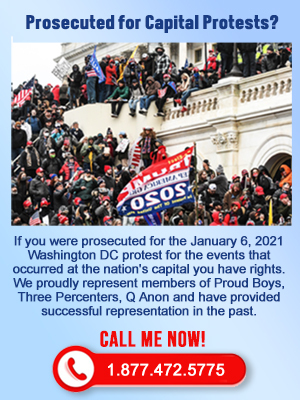There are many violations of the law that endanger the public, but may not be reported. Many witnesses may be afraid that they will be retaliated against in their jobs. When we are in a position to know about criminal wrongdoing, we may be reluctant to act because our incomes and health insurance depend upon being employed.
The purpose of whistleblowing laws is to provide a remedy for people who blow the whistle on illegal activities. This will encourage some workers to produce the evidence that can make the public safer.
Many of the laws today that provide worker protection also make it a crime to retaliate against a person who engages in legal behavior. Many of these laws protect the public and others protect employees that provide information about an employer that that person thinks is some type of illegal activity, or possibly a form of gross waste, fraud, mismanagement or abuse of power.
Differences Between Whistleblowing and Retaliation
Claims of whistleblowing and retaliation often are discussed in the same breath. However, whistleblower complaints usually focus on conduct that is made illegal by a certain law, or conduct that may threaten public safety, waste money or violate the public trust in some way. Whistleblower complaints do not usually include the retaliation by an employer.
Laws covering the workplace that assure rights, such as the right to not be discriminated against, the right to be paid properly for work and the right to join unions assure that all of us are treated equally in business and at work. If those rights are interfered with, the person can bring a retaliation claim.
Not all whistleblower and anti-retaliation laws are identical. Some of these laws, including the Fair Labor Standards Act, provides retaliation victims access to courts to enforce the right of reinstatement as well as back pay. Some other laws, such as the Civil Rights Act of 1964, requires that the victim file a complaint with an agency. It then allows the person to access the courts if that agency cannot resolve the complaint in a reasonable time.
Major Whistleblower Laws
One of the more recent laws in this area is the Whistleblower Protection Act. Passed in 1989, it protects all federal government workers from being retaliated against for disclosing information about any illegal acts that occurred in a government agency.
This law makes it illegal for a federal agency to take any type of action against an employee who has disclosed any information that they think is against the law. This type of information can include mismanagement allegations, wasting of funds, abuse of authority or any risk to public health or safety.
Other laws that cover whistleblowing include:
-
False Claims Act – makes it illegal to make any false claims against the government for payment of any kind. This law includes what is called a qui tam provision, which provides you with the right to act on the behalf of the government when you respond to a violation of its rules. A person who says they witnessed Medicare fraud, for example, can make a qui tam claim.
-
Tax Relief and Health Care Act of 2006 – Creates legal incentives for people to report tax evasion and fraud to the IRS. All allegations must be for more than $2 million.
-
Dodd-Frank Act – Protects you when you report any violation of securities laws.
Famous Whistleblower Cases
Some of the most famous whistleblower cases include these:
Daniel Ellsberg
This was a military analyst that worked for the RAND Corporation in the 1970s. He leaked a top secret report from the Pentagon regarding the rationale of the US government for fighting the Vietnam War. These documents became known later as the Pentagon Papers, and were published in major newspapers. He stated in 1998 that the public is lied to constantly by the government, including the president.
Deep Throat
His real name was W. Mark Felt, and he was an FBI agent who leaked Watergate scandal information to journalists for the Washington Post. After Nixon resigned in 1974, Felt denied that he was the whistleblower in the case. He finally admitted he was Deep Throat to a journalist in 2005.
Julian Assange
Assange was the founder of Wikileaks, and this organization has been directly responsible for more than 1,000,000 leaks of private data since 2006. Assange has spent much of the last few years in the Ecuadorian embassy in London UK. He has been trying to get political asylum from the espionage charges he faces in Sweden.
Sources:
